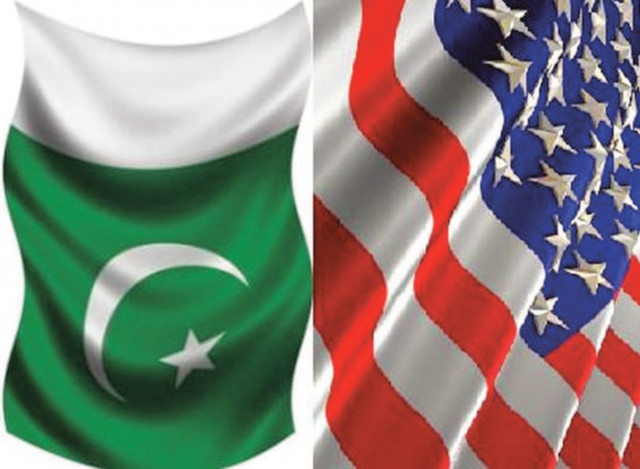Pakistan, US — different wavelengths
The attack also means that Pakistan’s request that CIA restrict activities of its operatives has not been welcomed.

Read this way, the attack means a lot of things, all negative. It means that the Raymond Davis case and the way it was handled still rankles the Americans. Pakistan’s request that the CIA restrict the activities of its operatives in Pakistan has not been welcomed, and Pakistan’s analysis that CIA activities don’t help in the war against terrorism has not convinced Washington. The latest attack also highlights the different interpretations placed by the two sides on the nature of terrorism.
The American side looks at the presence of terrorist warlords in North Waziristan as a threat Pakistan must remove as its first priority. It looks at the gathering of all sorts of local and foreign terrorist groups, under the protection of Pakistan’s own local warlord Hafiz Gul Bahadur, as dangerous to the presence of Nato-Isaf troops in Afghanistan and shares this perception with its allies, although there are a number of voices among them who disagree with the policy of drone attacks against the wishes of the Pakistan Army and the anti-American agitprop in Pakistani media.
In Pakistan, the more intense reaction emanates from lobbies that don’t want the Pakistan-US relationship to continue at its present footing and would favour a complete rupture if the US does not respect Pakistan’s sovereignty. Retired military officials with persisting misgivings about the real intent of the Americans, look at the current crisis in the Pakistan-US relations as an ‘opportunity’ for Islamabad to break free and become ‘autonomous’ in its foreign policy. Add to that the ‘universalised’ belief in Pakistan that America actually wants to ‘take out’ Pakistan’s nuclear weapons, and you have the endgame of relations between the two countries.
The more moderate observers think that the two sides should come to an understanding over the drones and the presence of foreign terrorists in North Waziristan. They take account of the fact that Pakistan’s stance has certain flaws of analysis that must be covered with flexibility of approach. One such voice argues “Pakistan has no publicly available evaluation of its own performance against the militancy from either the civilian government or the military”. Although the media is generally with the Pakistan Army on the issue, some voices still challenge the official stance on drone attacks.
Who is looking at the bilateral equation as ‘transactional’ after the American assertion that it wants to move away from it? Some experts believe that it is the Pakistan Army, aware that its objectives in the region diverge from those of the US, that wants the transactional approach back. One reason it is not willing to unveil its real intent behind keeping the North Waziristan enclave intact could be the fact that Islamabad is unclear of the future power map in Afghanistan.
Meanwhile, the Pakistan-US equation is in the balance while the capacity of the two to punish each other, in case of a breakdown, is not equal. There is evidence that the Pakistani stance is moving away from the nuanced approach that makes reconciliation possible, to a more robust opposition to the demands the world is making on it to face up to the militants who infest not only North Waziristan but other parts of the country too, and threaten to strike outside the country’s frontiers.
Published in The Express Tribune, April 15th, 2011.














COMMENTS
Comments are moderated and generally will be posted if they are on-topic and not abusive.
For more information, please see our Comments FAQ